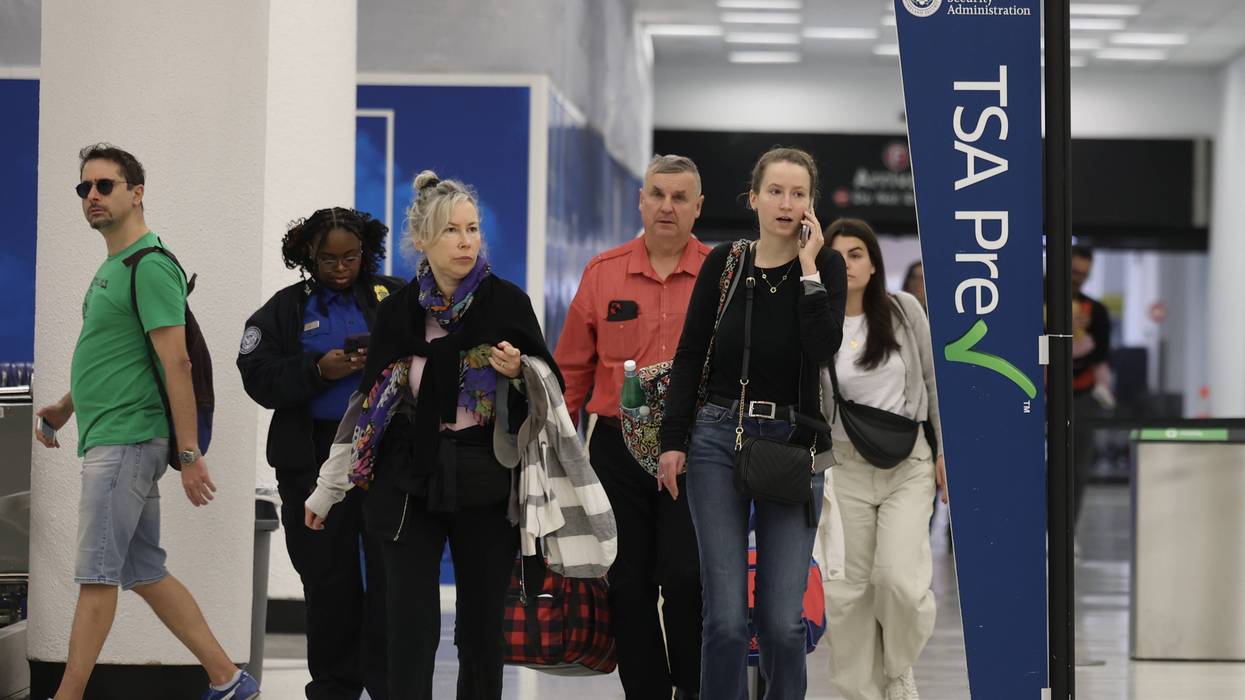Today, the Green New Deal Network (GNDN) unveiled its 2023 agenda to be spearheaded by former Hawaii State Representative Kaniela Ing as GNDN’s first-ever National Director. Ing will build on GNDN’s major 2022 wins, including helping secure major climate provisions in the Inflation Reduction Act (IRA); blocking Senator Manchin’s dirty side deal, and seeing 26 out of its 31 endorsed candidates win in the general elections. Over the next year, under Ing’s leadership, the GNDN will campaign with its 24 state coalitions for the equitable implementation of federal infrastructure and climate dollars, local Green New Deal policies that build off of the IRA, and greater public support for climate justice through public education.
Ing is a founding member of the Network — a multisectoral coalition of 14 national organizations and 24 state tables— and previously acted as the Climate Justice Director for People's Action, where he led campaigns to combat climate change. While at People’s Action, Ing co-created and led mass mobilizations around the People’s Bailout and THRIVE Agenda, which largely shaped the suite of federal legislation.
As a state representative in Hawaii, Ing helped pass the nation’s first statewide 100% renewable energy goal, drove hundreds of millions of public investments into green schools and transit, and expanded democracy by passing with the nation’s most expansive elections reform effort which included online registration, same-day registration, and all-mail elections.
“The fight for a Green New Deal is at a pivotal moment where we have a slim opportunity to win community investments that can halt the climate crisis, create dignified jobs, and reverse decades-old injustices. We need community leaders and activists to rally politicians to act boldly on all levels of government and fund a cleaner, fairer, and more reliable future for generations to come. Anything short of that will put millions of lives in danger and widen the inequities that permeate our economy,” said Kaniela Ing, National Director of the Green New Deal Network. “Our network and allies have already secured tremendous victories with the passage of the Inflation Reduction Act. But we always knew this bill would only mark the start, not the end, of our movement’s work toward climate justice. I’m thrilled and honored to lead the charge with our allies to help make the Green New Deal a reality.”
The Green New Deal Network is uniquely positioned to win local Green New Deal legislation, support progressive candidates, and ensure federal infrastructure and climate funding goes to community-led solutions. In 2023, the Network’s 14 national and 24 state members are moving as a united front to:
- Cut climate pollution in half by 2030 by fighting for more federal and state investments in climate, jobs, and justice.
- Stop new fossil fuel infrastructure to fight pollution, high utility costs, and climate change.
- Ensure IRA and IIJA funding reaches communities that have historically been divested from through GNDN’s 24 state tables and Indigenous partners that will be campaigning for access to energy and building investments.
- Build popular support amongst voters for the Green New Deal by securing federal and local GND wins.
“Last year taught us a lot about climate advocacy and what effective campaigning and support for the communities most affected by climate change looks like,” said Bineshi Albert, Co-Executive Director of Climate Justice Alliance. “I’m confident that the Coalition’s new goals, alongside the leadership of Kaniela Ing will put climate wins on the board for the communities who most need them. Mother Earth deserves our honor and good stewardship. I trust in Kaniela’s leadership and in the vision he and the Green New Deal Network has to fight for our climate, jobs, and justice.”
“Climate change is an economic issue, but not for the reason folks most often think. By investing in a Green New Deal and creating good, clean jobs for working families, we not only address the climate change harms faced by working folks, we ensure everyone is able to financially thrive,” said Maurice Mitchell, National Director of the Working Families Party. “This year, the Green New Deal Network is hitting the ground running with new leadership and a realignment of our goals to mobilize and put pressure on lawmakers to make bold investments in clean energy and clean jobs for working families. I have faith in Kaniela and his vision for the future of our coalition and our planet.”
About Kaniela Ing
Kaniela Ing is a movement leader and community organizer with over 14 years of experience in legislative, electoral, and community-building campaigns. He comes from a working-class, environmental justice community and first started organizing through the movement for Native Hawaiian sovereignty.
Kaniela turned to electoral politics in response to Barack Obama's presidential win and the right-wing backlash that followed. He was elected to the Hawaii State Legislature at age 23 —as a bold progressive in a "red-leaning" district—where he co-led fights to strengthen democracy, advance justice, and pass the nation's first statewide 100% renewable energy goal. He later led the national climate work at Peoples' Action, where he helped to shape the THRIVE agenda, build up the Green New Deal Network, and pass the most consequential piece of federal climate legislation in United States history.
Kaniela is a proud Kānaka Maoli (Native Hawaiian), feminist, spouse, and parent of two young children. Kaniela serves on the advisory teams of Climate Power, Our Hawaii Action, the Hawaii Community Bail Fund, and the Indigenous Circle of Giving. In his free time, Kaniela likes to write and record music and explore the wonders of the natural world.





